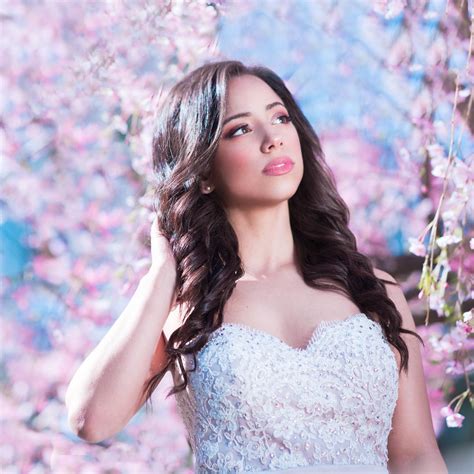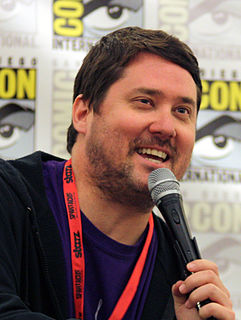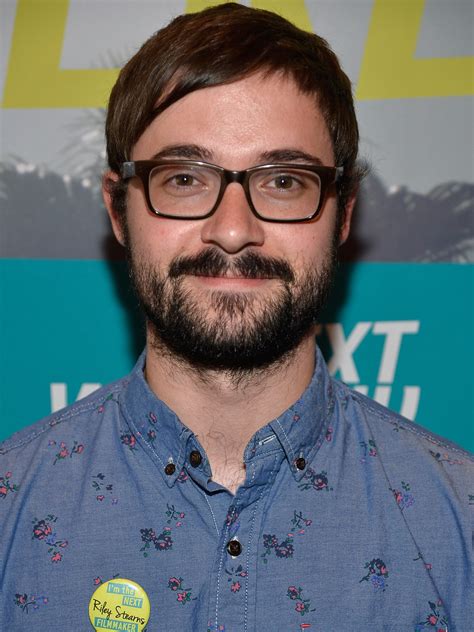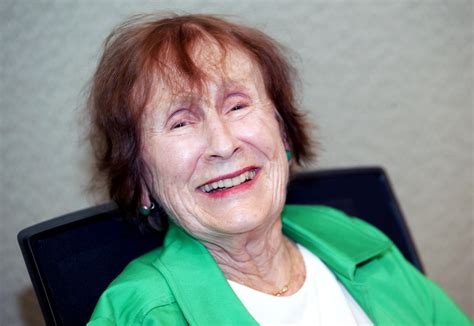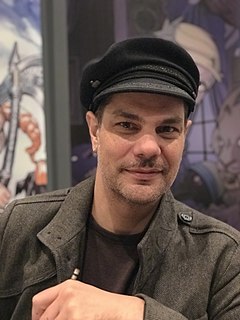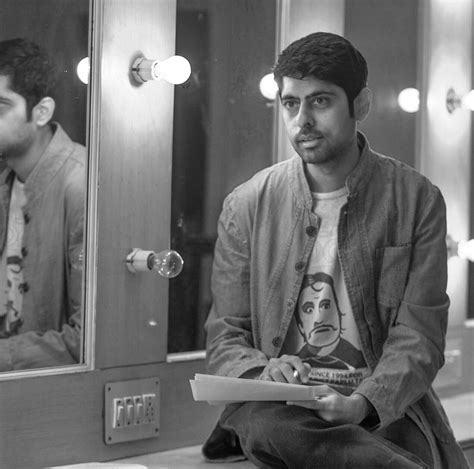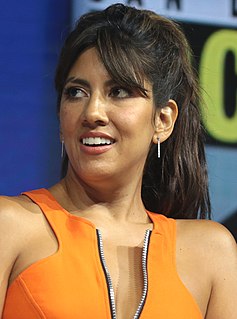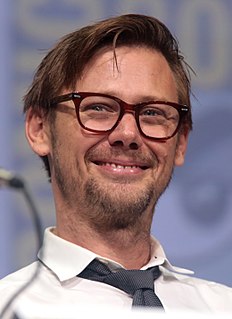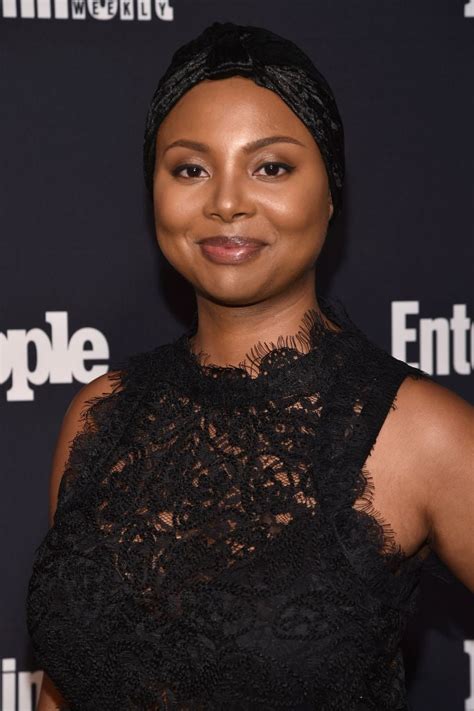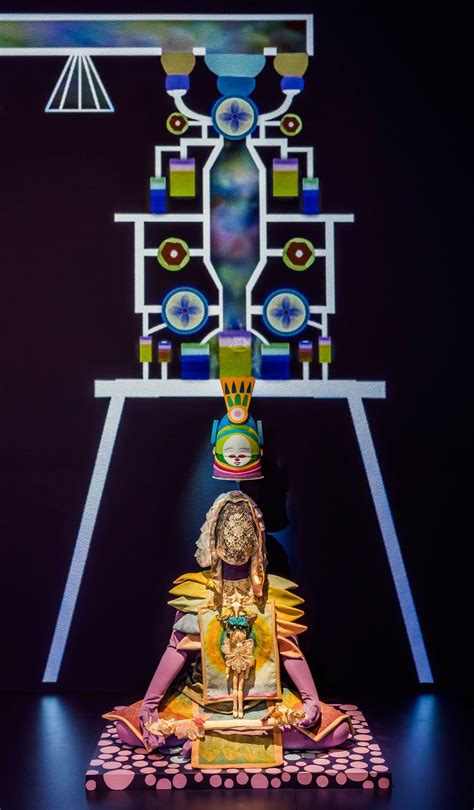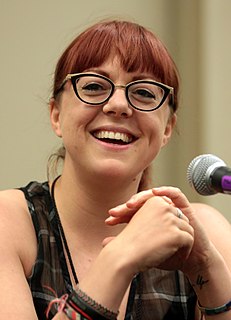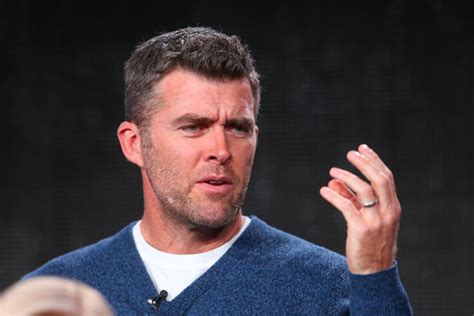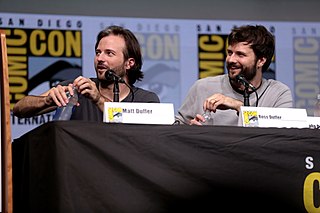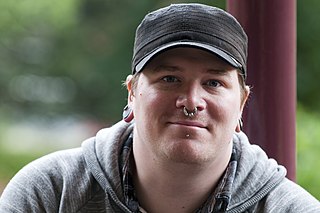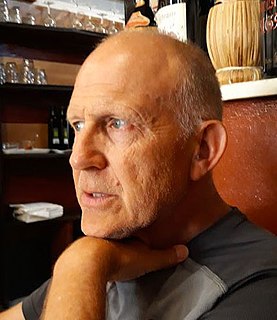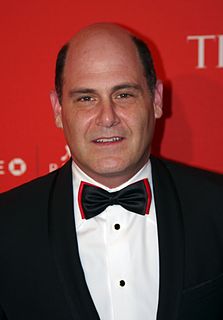Top 73 Tropes Quotes & Sayings
Explore popular Tropes quotes.
Last updated on April 22, 2025.
I love the of dealing with the homoerotic versus the idea of dealing with certain tropes with regards to black masculinity in the world, propensity towards sports, antisocial behavior, hypersexuality - all of these sort of non-truths that I don't exist in but that I see as being fixed in the world's imagination.
One of the things that make Liars so fascinating after five albums, each one so completely different from the others, is that even though they play around with all the classic tropes of art-damaged angst-noise perv-rock, they exude a totally cheery and boyish enthusiasm onstage, goofing around with their keyboards and beatboxes.
Audiences are hungry for something different. With binge-watching, they're hungry for interesting content they haven't seen before, and they want to be entertained. A lot of shows are grim, murky and dark. We wanted to spin away from the obvious, the tropes, the cliches and what people are doing right now, and do something different.
When people think girl adventurers, they tend to think of a spunky, plucky tom-boy with a chip on her shoulder. I'm not saying that this makes for a dull character, but I think other types of adventurous girls exist. It's easy to fall into well-established tropes, believing that the tropes of a genre define the genre itself.
The etymologist finds the deadest word to have been once a brilliant picture. Language is fossil poetry. As the limestone of the continent consists of infinite masses of the shells of animalcules, so language is made up of images or tropes, which now, in their secondary use, have long ceased to remind us of their poetic origin.
One of the things I enjoyed when working in manga was when I couldn't tell where anything was going because there weren't narrative tropes and structures I was used to. After doing it for seven years, I got to the point where I did see structures. I did start to learn, but at first I didn't know where it was going. It was very exciting for me.
The title 'Crazy Ex-Girlfriend' is meant to be a deconstruction of a stereotype, and the whole show is about deconstructing the boxes that we're supposed to be put into. We like taking apart the tropes and the stereotypes and explore the nuances, so 'Crazy Ex-Girlfriend' is a label that we go deep underneath to explore.
Jorge Luis Borges was lamenting a variety of Orientalism that was used to measure the alleged authenticity of Argentine and Latin American writers in the midcentury. The Argentine literary tradition was believed by many, including many Argentines, to be concerned with a national imaginary in which the gauchos and the pampas and the tango were fundamental tropes. Borges, in part to legitimize his own Europhilia, correctly pointed out that expecting writers to engage with these romantic nationalist tropes was arbitrary and limiting, a genre that was demonstrative of its own artificiality.
For someone who is starting out on developing their critical skills, just being aware of its existence is great: it can make the difference between trying to write a story around a cliche or an original idea, and better still, studying it can eventually clue you in on how to breathe new life into tired tropes.
Technically and logically speaking, actual Victorian science fiction writers cannot be dubbed 'steampunks.' Although they utilized many of the same tropes and touchstones employed later by twenty-first-century writers of steampunk, in their contemporary hands these devices represented state-of-the-art speculation.

